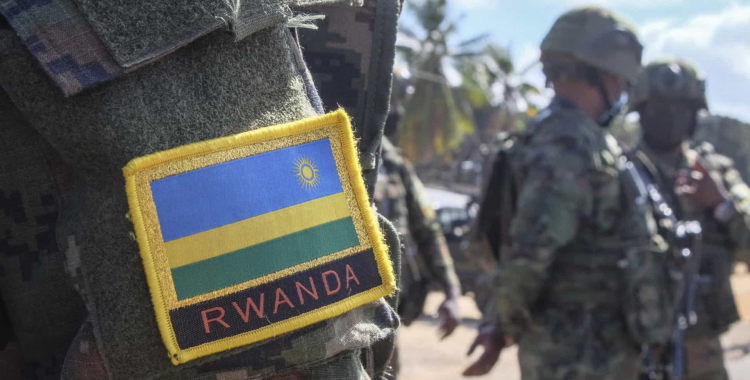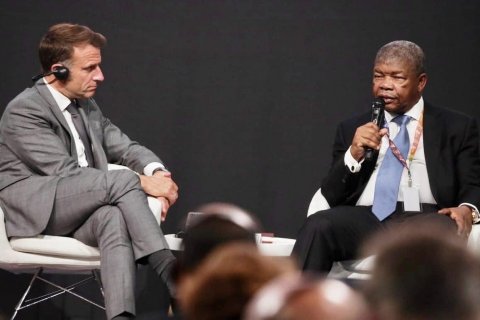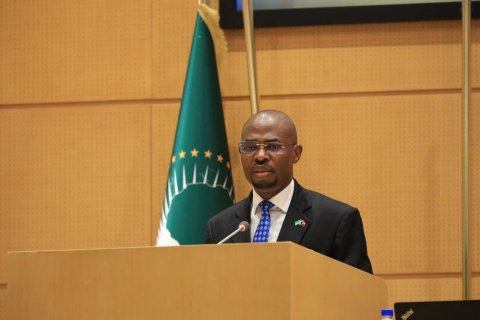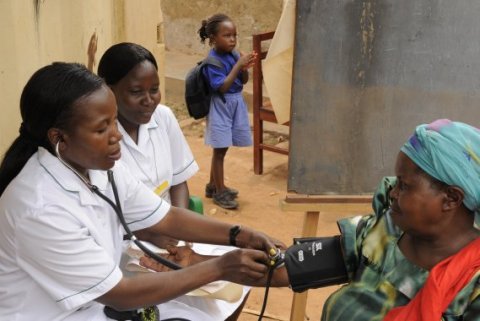"Following the diplomatic steps undertaken by the President of the Republic, João Lourenço, with a view to reducing tension between the Democratic Republic of Congo [DRCongo] and the Republic of Rwanda, the two recently captured Rwandan soldiers who were in possession of the Congolese authorities", reads a statement from the Angolan Presidency.
On 31 May, the head of state received his counterpart from the Democratic Republic of Congo (DRCongo), Félix Tshisekedi, in Luanda, with whom he discussed the "growing tension" between this country and neighboring Rwanda.
At the meeting, organized under "the mandate received at the recent Malabo Summit", Tshisekedi, at the request of his Angolan counterpart, agreed to release two recently captured Rwandan soldiers, the Angolan presidency said.
João Lourenço's office now clarifies that the two elements of the Rwandan army "scaled Luanda today, arriving from Kinshasa, and left shortly afterwards for their country, in freedom".
The note also adds that João Lourenço obtained from the Rwandan President, Paul Kagame, the release of Democratic Congolese citizen Patrick Bala, who was being held by the Rwandan authorities and for whom President Tchisekedi intervened.
At the meeting on 31 May, Lourenço and Tshisekedi reached an understanding on the holding in Luanda, on a date to be announced, of a summit in which, at the invitation of the Angolan head of state, the heads of state of the Democratic Republic of Congo and Republic of Rwanda to promote "a de-escalation of the tension currently prevailing on the border between the two countries", Luanda announced at the time.
Tension between Rwanda and DRCongo has grown exponentially in recent months, after the resumption of fighting last March between the army and the March 23 rebel movement (M23), which Kinshasa says is supported by the neighboring country, an accusation denied by Kigali.
Both countries requested the intervention of the Enhanced Joint Verification Mechanism (EJVM), established by the International Conference of the Great Lakes Region (CIRGL) to investigate security incidents in its 12 member states.
Rwanda demanded at the end of May that the DRCongo release two soldiers from its army kidnapped while patrolling the border with that country, on the same day that the Government of DRCongo suspended Rwandair flights to its territory, in protest against the alleged support from Kigali to the rebels.
The M23 was created on 4 April 2012, when DR Congo soldiers revolted at the loss of power of their leader, Bosco Ntaganda, accused by the International Criminal Court (ICC) of war crimes for alleged violations of the peace agreement of 23 March 2009, the date that gave the movement its name.
In 2012, the M23 occupied Goma, capital of the Congolese northeast province of North Kivu, for two weeks, but international pressure forced the rebel movement to withdraw and start peace talks with the DR Congo government in Kinshasa.
For more than two decades, eastern DRCongo has seen conflicts fueled by rebel militias and attacks by the Congolese army, despite the presence of the UN peacekeeping mission (Monusco), which has more than 14,000 troops in the country.







